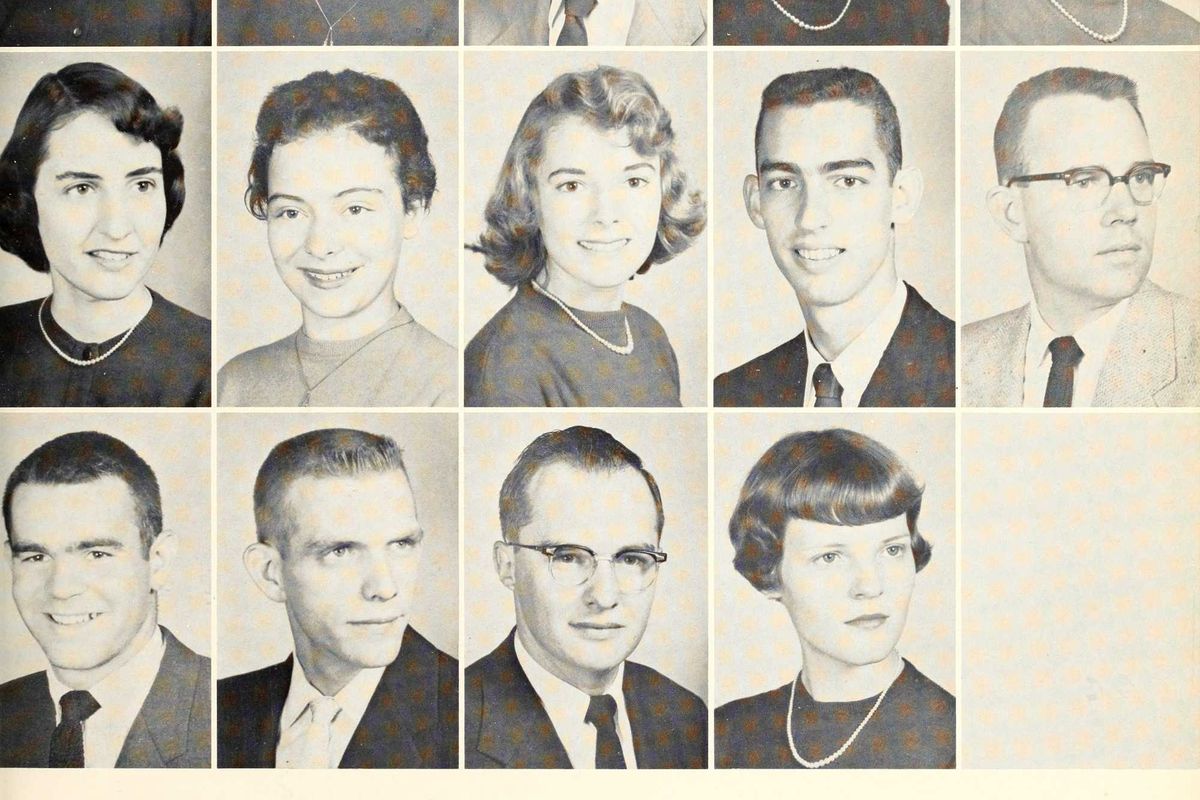Buffy Sainte-Marie shares what led to her openly breastfeeding on 'Sesame Street' in 1977
The way she explained to Big Bird what she was doing is still an all-time great example.

"Sesame Street" taught kids about life in addition to letters and numbers.
In 1977, singer-songwriter Buffy Sainte-Marie did something revolutionary: She fed her baby on Sesame Street.
The Indigenous Canadian-American singer-songwriter wasn't doing anything millions of other mothers hadn't done—she was simply feeding her baby. But the fact that she was breastfeeding him was significant since breastfeeding in the United States hit an all-time low in 1971 and was just starting to make a comeback. The fact that she did it openly on a children's television program was even more notable, since "What if children see?" has been a key pearl clutch for people who criticize breastfeeding in public.
But the most remarkable thing about the "Sesame Street" segment was the lovely interchange between Big Bird and Sainte-Marie when he asked her what she was doing.
"I'm feeding the baby," Sainte-Marie told him. "See? He's drinking milk from my breast."
Sainte-Marie didn't show anything that anyone could reasonably find objectionable, but she didn't have her baby hidden under a blanket, either. From Big Bird's point of view, he could see exactly what was happening, and Sainte-Marie appeared perfectly comfortable with that.
Big Bird contemplated her response, then said, "Hmm…that's a funny way to feed a baby."
"Lots of mothers feed their babies this way," Sainte-Marie said. "Not all mothers, but lots of mothers do. He likes it because it's nice and warm and sweet and natural, and it's good for him. And I get to hug him when I do it, see?"
Their conversation continued with Sainte-Marie answering Big BIrd's questions with simple, matter-of-fact, nonjudgmental answers, and it's truly a thing of beauty. Watch:
That segment was filmed 46 years ago, and it's hard to believe some people still take issue with seeing a mom breastfeed out in the open. We've seen waves of education and advocacy attempting to normalize breastfeeding, and yet it wasn't until 2018 that every state in the United States had laws on the books protecting breastfeeders from being cited or fined. Even now, some moms still get flack for not hiding away in a bathroom or a car to feed their babies.
Sainte-Marie recently spoke with Yahoo Life about how that segment came about. She had gotten pregnant during her second season on "Sesame Street" and she had her baby with her on set all the time. She'd breastfeed off camera, and she asked one day if the show could do something about breastfeeding.
"The reason why I did that really was because when I woke up from delivering my baby, I was in the hospital, and over here on the table was a big basket of stuff from some formula company. And I preferred to breastfeed, but the doctors didn't understand about breastfeeding. They hadn't learned it."
Even today, according to the CDC, physicians generally lack adequate breastfeeding education and training, so as far as we've come with education on this subject, we clearly still have a ways to go.
Watch Sainte-Marie talk about how she came to share breastfeeding with the "Sesame Street" audience:
Thank you, Buffy, for providing a beautiful example of how to talk about breastfeeding that's just as relevant today at it was four decades ago.
This article originally appeared on 1.31.23
- Mother unapologetically shares what it looks like to 'respectfully' breastfeed in public ›
- People are loving this hilarious viral post about a dad bottle-feeding his baby in public. ›
- Raw new ad shows the reality of early breastfeeding in all its messy, exhausting glory ›
- Breastfeeding zookeeper shows orangutan mom how to nurse - Upworthy ›
- Mom is shamed online for breastfeeding on the beach - Upworthy ›
- What makes 'Bluey' a perfect show for the whole family ›
- Moms out for a night forgot breast pumps. Bonding ensued. - Upworthy ›



 In a 4-day model, kids often (but not always) receive less instructional time. Photo by
In a 4-day model, kids often (but not always) receive less instructional time. Photo by 


 Smiling at work, checking messages during a break.
Smiling at work, checking messages during a break. Man focused on his phone screen, deep in thought.
Man focused on his phone screen, deep in thought. Focused multitasking at the office.
Focused multitasking at the office.